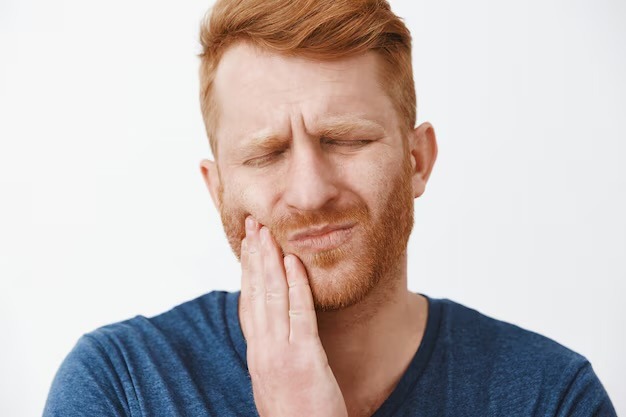Understanding Temporo-Mandibular Disorders (TMD): A Guide to Symptoms, Causes, and Treatment
Temporo-Mandibular Disorders (TMD) are a group of conditions affecting the temporo-mandibular joints (TMJs), which connect your jaw to your skull. These joints, located in front of each ear, function as sliding hinges, enabling essential movements like chewing, speaking, and yawning. When these joints or the surrounding muscles and ligaments encounter dysfunction, TMD can arise, leading to discomfort and reduced quality of life.
Recently, we had the privilege of discussing TMD on BBC Radio Scotland, shedding light on this often-overlooked condition. Below is a straightforward guide to help you understand TMD better and recognize when professional care might be necessary.
Symptoms of TMD
TMD symptoms can vary widely but often include:
- Jaw pain or tenderness
- Clicking, popping, or grinding noises in the jaw joint during movement
- Headaches, particularly around the temples
- Ear pain or a sensation of fullness without infection
- Difficulty opening or closing the mouth fully
- Jaw locking or stiffness.
- Facial pain that may radiate to the neck or shoulders.
Causes of TMD
TMD is multifactorial, meaning it can result from various causes or a combination thereof:
- Teeth grinding (bruxism): This habit places excessive pressure on the jaw joint
- Jaw injuries: Trauma from accidents or sports can damage the TMJ or surrounding structures
- Arthritis: Degenerative joint diseases like osteoarthritis can affect the TMJ
- Stress: Emotional tension often leads to clenching of facial and jaw muscles
- Structural issues: Misaligned teeth or bite problems may strain the TMJ
Treatment Options
The good news is that many cases of TMD improve with conservative care. Here’s an overview of treatment strategies:
Self-Care at Home
- Eat soft foods to reduce strain on the jaw
- Apply ice packs or warm compresses to alleviate pain
- Avoid habits like gum chewing or biting nails
Professional Treatments
If symptoms persist, seeking professional care is crucial. Treatment options include:
- Osteopathy: Osteopathic treatment focuses on relieving tension in the jaw muscles and improving overall alignment through gentle manual techniques. It can address imbalances not only in the TMJ but also in related areas like the neck and shoulders, offering holistic relief from TMD symptoms
- Physical Therapy: Exercises and massage techniques to improve jaw mobility and reduce muscle tension
- Mouthguards: Custom-fitted devices to prevent teeth grinding during sleep.
- Medication: Pain relievers, muscle relaxants, or anti-inflammatory drugs prescribed by a healthcare provider.
- Specialist Care: Severe cases may require interventions such as corticosteroid injections or surgery.
When Should You Seek Help?
While mild TMD often resolves on its own, certain signs indicate a need for professional evaluation:
- Persistent pain that interferes with daily activities
- Jaw locking or significant difficulty opening/closing your mouth
- Chronic headaches or ear pain without other explanations.
If you’re experiencing any symptoms mentioned above, don’t hesitate to reach out to us for professional care. Our clinic specializes in diagnosing and managing TMD with personalized treatment plans tailored to your needs. Let us help you take the first step toward relief and recovery!






